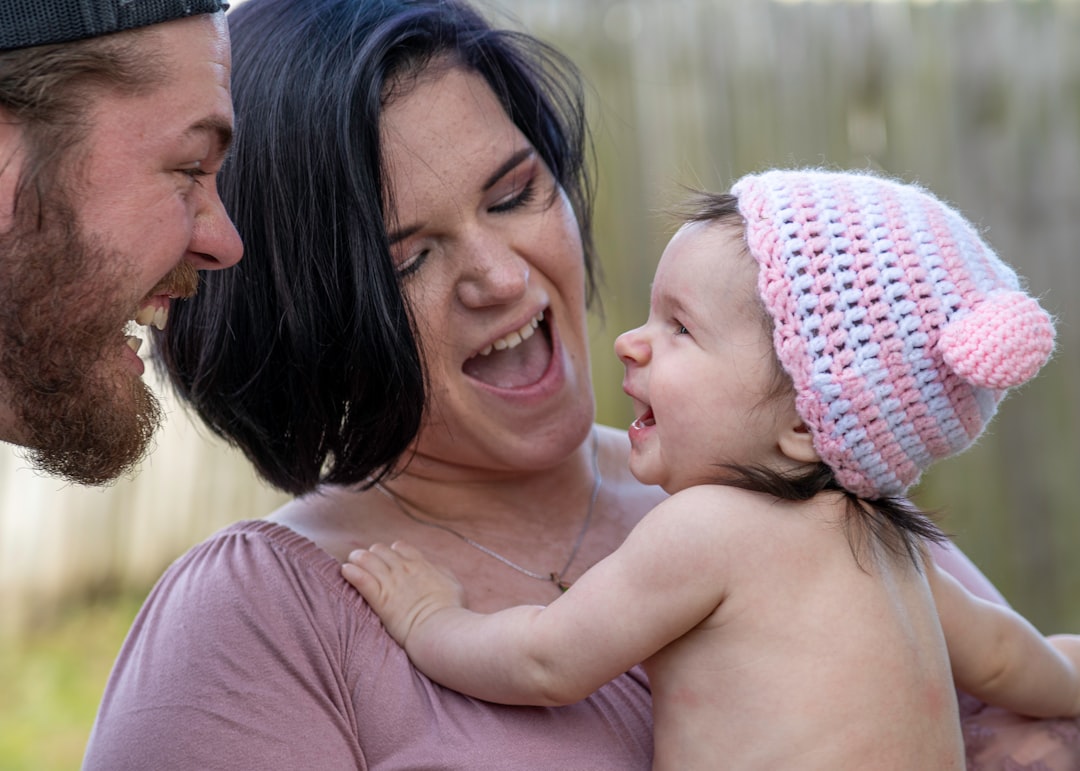What is it about?
Do we need to 'queer' the history of South African psychology? This paper argues that we do, indeed, need to fill many missing gaps in the history of how LGBTI+ South African psychology developed and grew, from apartheid to democracy, and beyond. Most importantly, current histories of the discipline tend to ignore the social, political, and institutional factors that led to the growth of studies in sexual- and gender-diversity. This article shines a light on the significant role played by organized psychology groups, such as the Psychological Society of South Africa (PsySSA), in advancing LGBTI+ psychology both locally and globally.
Featured Image

Photo by Delia Giandeini on Unsplash
Why is it important?
Our paper shows that psychology has the potential to play both oppressive and liberatory roles in South African society, in regards to research and activism around sexual- and gender diversity. On the one hand, psychologists mostly colluded with the apartheid government and reinforced the cis-gender heteronormative binaries of the day, but on the other hand, post-1994, democratic South Africa saw the growth of the Sexuality and Gender Division within its largest professional association of psychologists, PsySSA, resulting in the publication of Africa's first ever "Practice Guidelines for Psychology Professionals Working With Sexually- and Gender-Diverse People" in 2017.
Perspectives
This article was written by a core team of committed academics and activists, who are members of the African LGBTI+ Human Rights Project, linked to the Psychological Society of South Africa (PsySSA) and supported by the Arcus Foundation.
Mr Suntosh R Pillay
King Dinuzulu Hospital Complex
Read the Original
This page is a summary of: Queering the history of South African psychology: From apartheid to LGBTI+ affirmative practices., American Psychologist, November 2019, American Psychological Association (APA),
DOI: 10.1037/amp0000557.
You can read the full text:
Resources
Contributors
The following have contributed to this page










